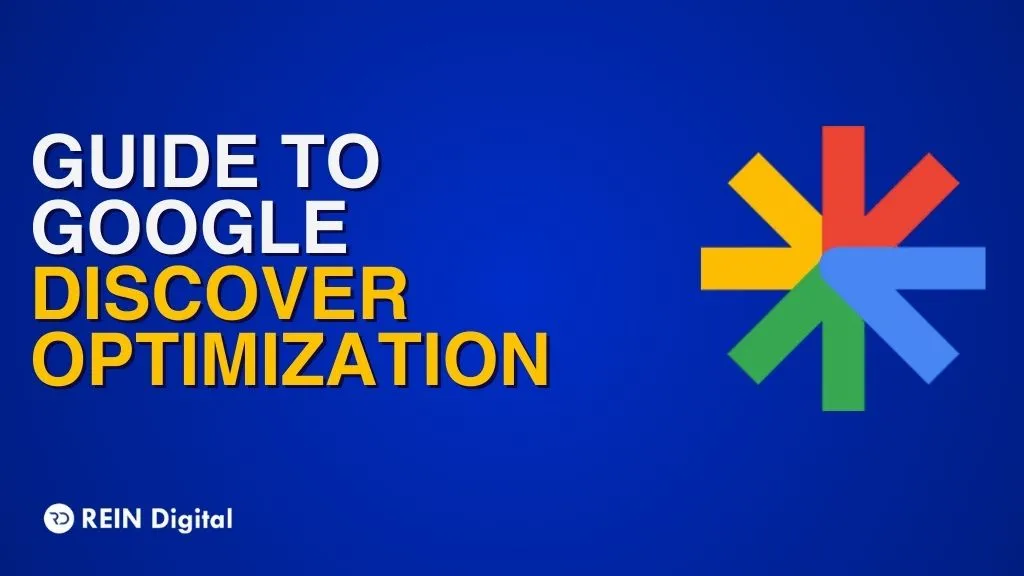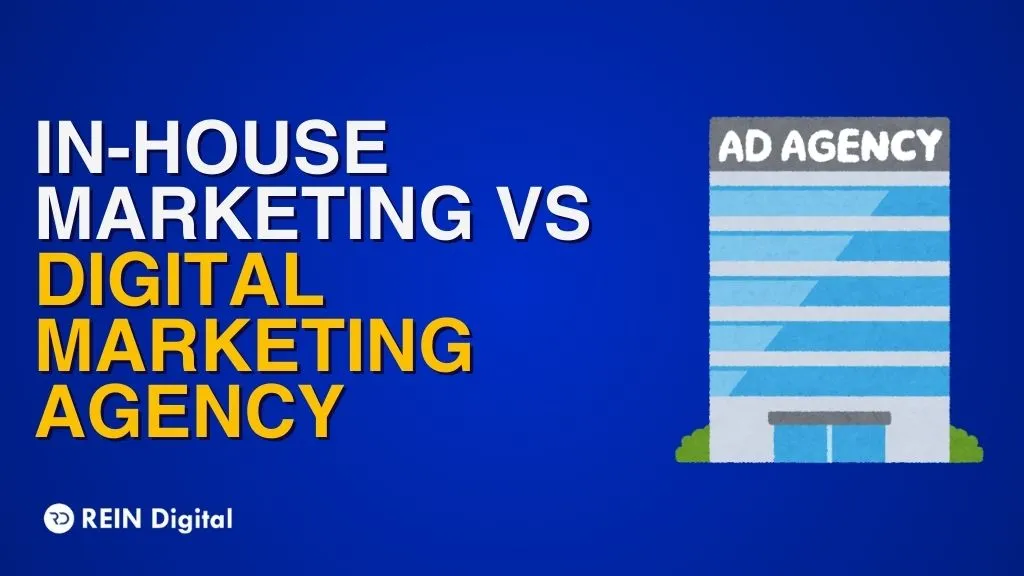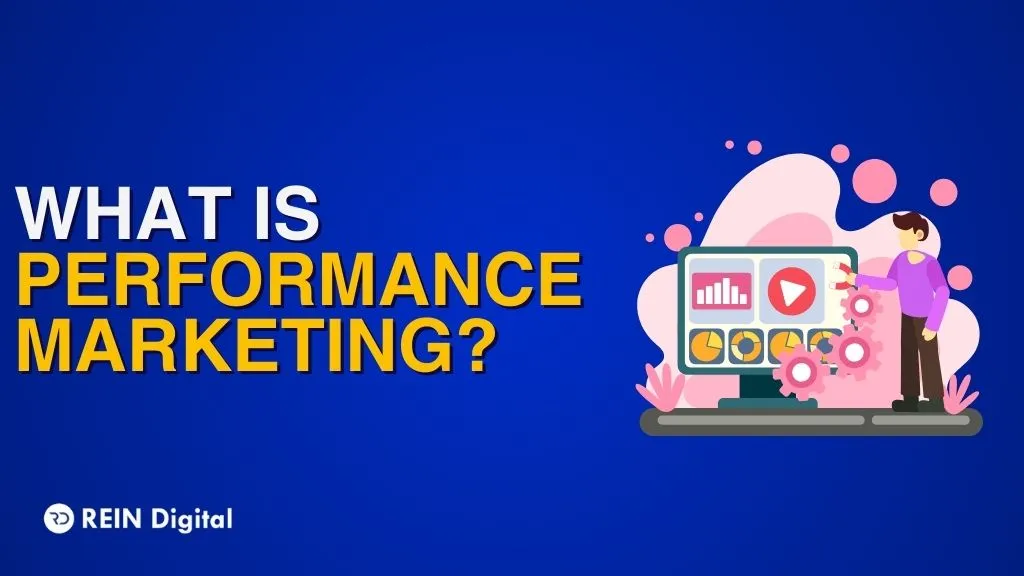
Organic Search vs Paid Search: Who Wins The Battle?
Paid and organic search are both essential components of digital marketing. Paid search allows companies to display their ads at the top of search results pages by bidding on keywords. Research shows that paid search can generate significant revenue for companies, with an average of $2 in revenue for every $1 spent on Google Ads.
On the other hand, organic search involves optimizing website content to appear higher in search results without paying for advertising. Organic search accounts for the majority of website traffic, making it crucial for long-term success. According to a recent survey, 65% of companies rely on both paid and organic search in their digital marketing strategy in 2023.
Before we get into the details of paid vs organic search, let’s take a look at their definitions.
What Is Paid Search?
Paid search is an essential component of digital marketing that helps companies reach their target audience through advertising on search engines. By bidding on specific keywords, businesses can display their ads at the top of the search results page, increasing their visibility and driving traffic to their website.
Businesses make $2 for every $1 spent on Google Ads on average. This indicates that paid search can be a highly effective method of reaching a target audience and generating revenue. However, it is important to balance paid search with organic search efforts for sustained long-term success.
What Is Organic Search?
Organic search is an important aspect of digital marketing that involves optimizing a website's content to appear higher in search engine results pages (SERPs) without paying for advertising. Research shows that organic search accounts for 53% of all website traffic, making it a crucial component of a successful digital marketing strategy.
While paid search has its benefits in helping companies reach their target audience, it is important to balance it with organic search efforts for long-term success. According to a study, companies make an average of $2 in revenue for every $1 spent on Google Ads, showcasing the effectiveness of paid search in digital marketing.
Organic Search vs Paid Search: Which One To Pick?
The main difference between paid search and organic search is that paid search involves paying for ad placements on search engine results pages (SERPs), while organic search involves optimizing your website and content to rank higher in SERPs naturally.
Organic Search vs Paid Search: Stages of Difference
1. Traffic
With paid search, businesses have more control over their visibility and can quickly drive traffic to their website by bidding on relevant keywords. However, this requires a budget allocation for advertising costs, and once the campaign ends, the traffic flow may diminish unless further investment is made.
Organic search traffic is driven by an algorithm that evaluates the quality and relevance of a website's content. While organic search may take longer to build momentum, it can provide sustained and long-term traffic to a website. Additionally, organic search is cost-effective as it does not involve direct advertising expenses.
2. Speed
When using paid search advertising platforms like Google Ads, the speed of a business website is less likely to be directly affected. Paid search ads typically direct users to specific landing pages or designated web pages that are optimized for conversions. Therefore, the loading speed of the website itself may not be a significant factor for paid search campaigns.
On the other hand, organic search rankings can be influenced by website speed. Search engines, such as Google, consider page loading speed as a ranking factor. A slow-loading website may result in a lower organic search ranking, leading to decreased visibility and potentially impacting the overall speed of business growth.
3. Ranking
Paid search refers to advertising on search engines, where businesses pay to have their ads displayed when specific keywords are searched. These ads are usually labeled as sponsored or paid results. The ranking of paid search ads is determined by factors such as bid amounts, ad relevance, and click-through rates. Paid search allows businesses to target specific keywords and demographics, providing more control over their visibility on the SERP. However, the visibility of paid search ads is limited to the duration of the ad campaign and ends once the budget is exhausted.
Organic search refers to the natural, non-paid search results that appear on the SERP. These rankings are determined by various factors, including website relevance, content quality, backlinks, user experience, and search engine optimization (SEO) efforts.
Improving the organic search ranking requires optimizing the website's structure, content, and technical aspects to align with search engine algorithms. Organic search results are considered more credible and trustworthy by users, as they are not influenced by advertising budgets.
4. Word and Format Limit
Paid search platforms, such as Google Ads, often have character limits for ad headlines, descriptions, and display URLs. These limitations require businesses to craft concise and impactful messaging within the given space. Ad formats may also have restrictions, such as the inclusion of clickable site links or call extensions.
While these limitations can pose challenges in conveying detailed information, paid search allows businesses to appear prominently in search results, targeting specific keywords and demographics.
Organic search results are generated based on search engine algorithms that take into account factors like website content, relevance, and user experience. There are typically no strict character limits for organic search results, allowing businesses to have more flexibility in crafting detailed and descriptive meta titles and descriptions. This can be advantageous as it allows for greater control over the messaging and provides an opportunity to optimize content for search engine visibility.
The Bottom Line On Organic Search vs Paid Search
Both paid and organic search have their benefits and should be used in a balanced approach. Paid search can generate quick results and drive traffic to your website, while organic search provides sustained long-term success and credibility for your brand.
In 2023, the best approach is to use both paid and organic search in your digital marketing strategy. A balanced approach will ensure that you are generating revenue from paid search while also building a strong organic presence to drive sustained long-term success.
We hope our article on organic vs paid search helped you choose the best option!














